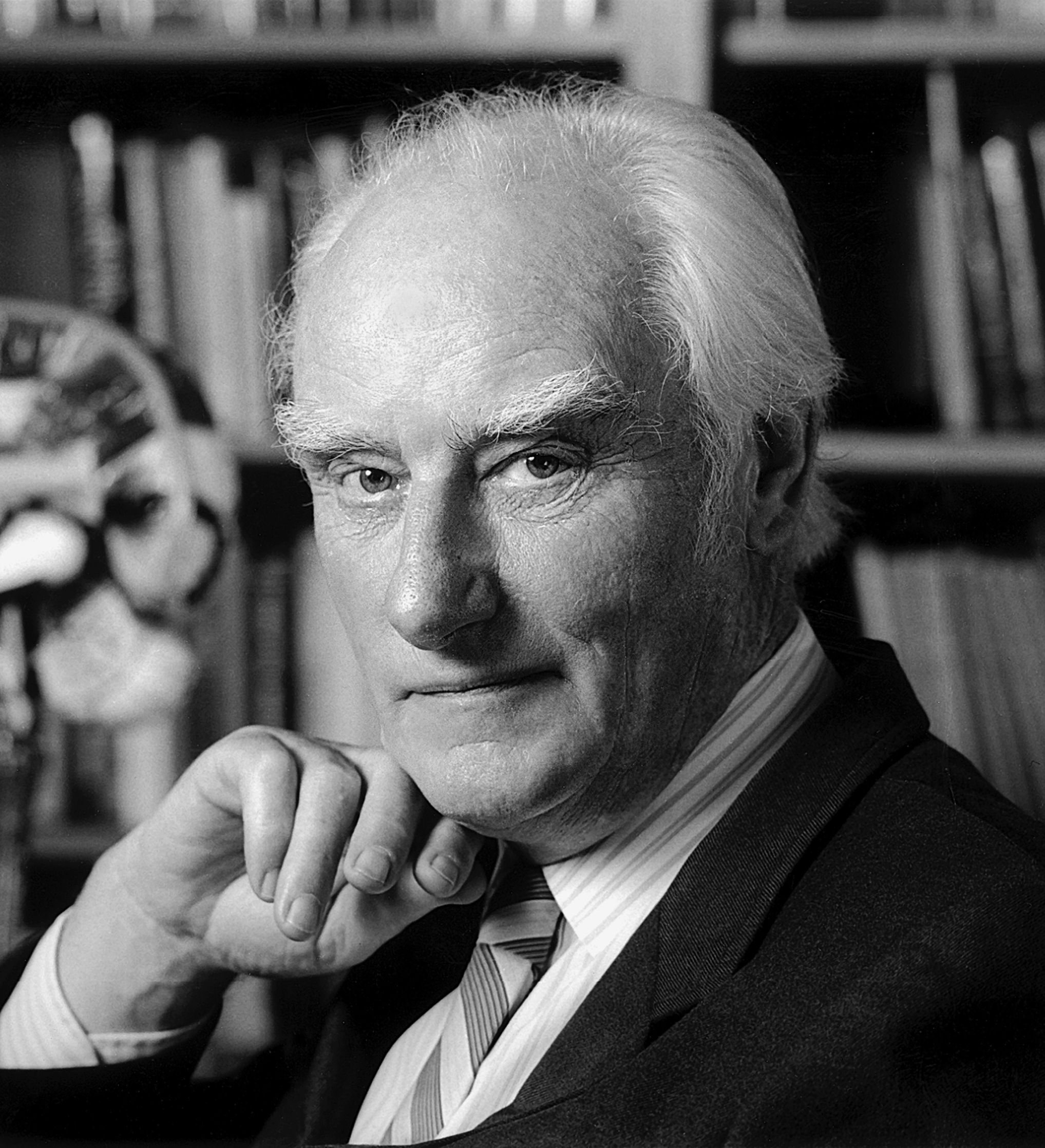On this date in 1916, Francis Crick was born in Northampton, England. He studied physics at University College, London, earned a B.Sc. in 1937, and began research for a Ph.D., which was interrupted by the outbreak of World War II. He served as a scientist for the British Admiralty, which he left in 1947 to study biology. He joined the Medical Research Council Unit in Cavendish Laboratory Cambridge, and obtained a Ph.D. in 1954.
He met James Watson in 1951 and together they proposed the double-helix structure for DNA by 1953. In 1962, he, Watson and Maurice Wilkins won the Nobel Prize in Physiology or Medicine for their long-awaited breakthrough in determining the structure and replication scheme of DNA. Rosalind Franklin, who died in 1958, is now often credited as a co-discoverer.
Crick taught at various universities, including Harvard, Cambridge and University College, London, and became a non-resident Fellow of Salk Institute for Biological Studies in San Diego. In a book recapping his career, What a Mad Pursuit, Crick writes candidly of his rejection of religion. As a school boy, “I was a skeptic, an agnostic, with a strong inclination toward atheism.” D. 2004.

